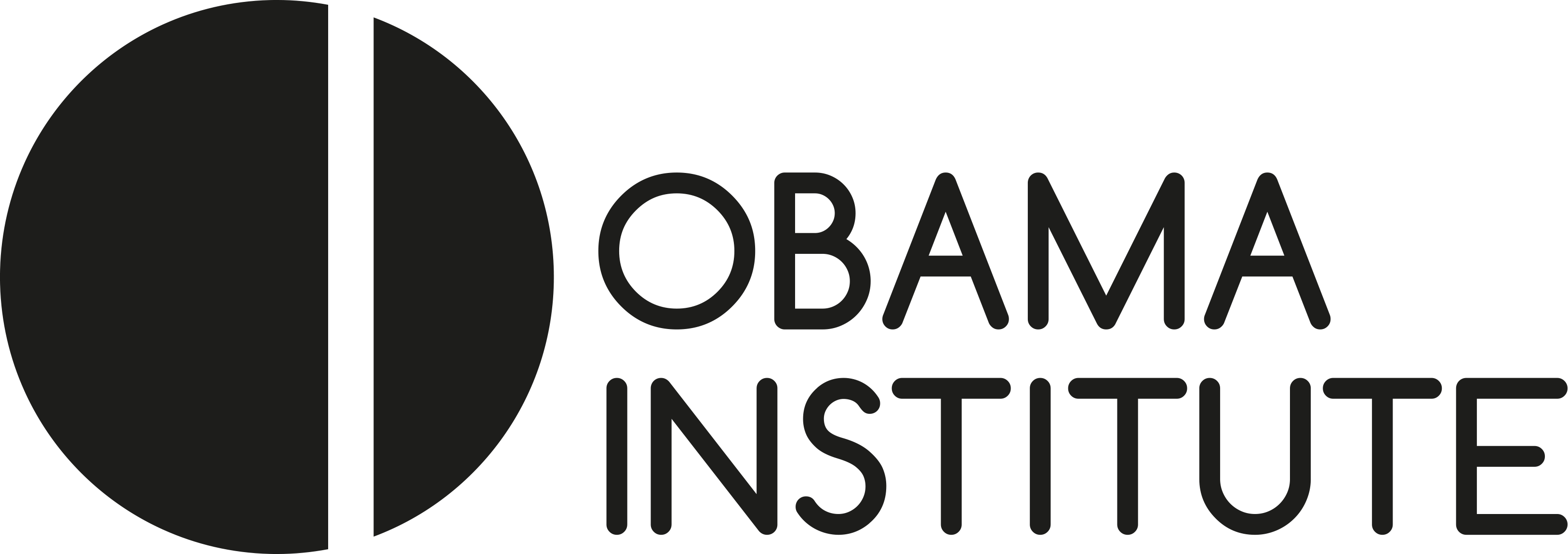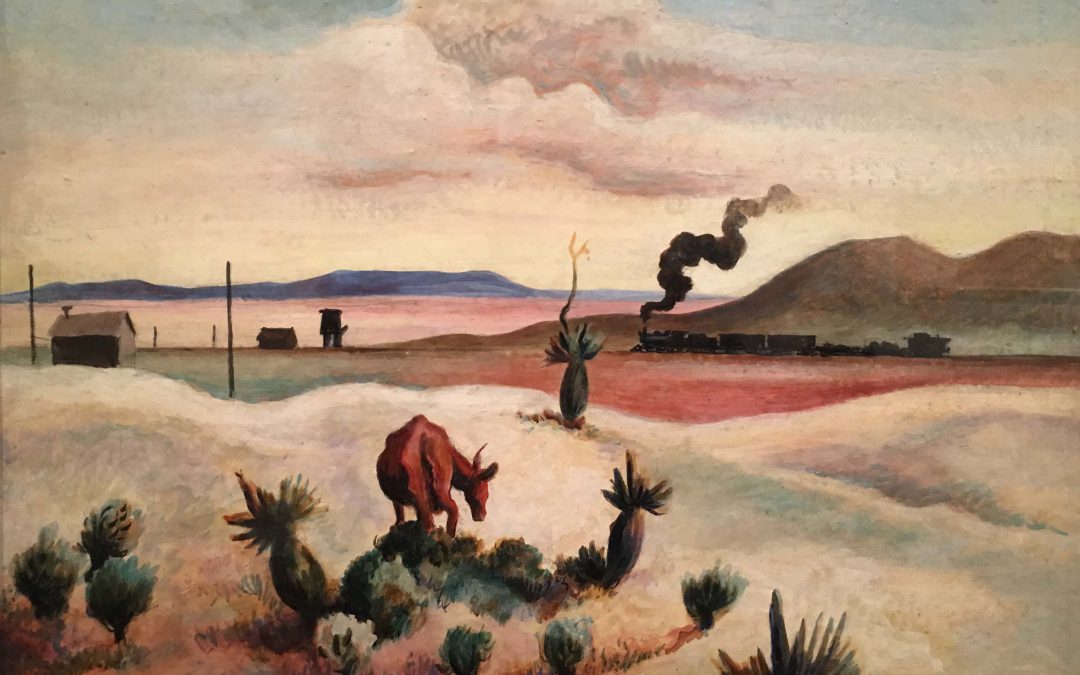Organized by Corinna Norrick-Rühl and Tim Lanzendörfer in the context of the MAINZ MEDIA FORUM
 The interdisciplinary conference Novel—Seeming—Goods explores the futures of the Anglophone novel at the intersections of content, form, production, and distribution. The conference takes its title from a line in Fredric Jameson’s 1991 groundbreaking study Postmodernism. 25 years after Jameson’s work, in an epoch perhaps after postmodernism, this international conference brings together scholars from English and American literary studies and Book Studies with the aim of discussing several questions related to the possible combinations of the terms in the conference title. What does the novel, understood as a preeminent literary form, look like today, in an age of again-increasing anxiety over its role as a cultural capstone? What are we to make of its connection with its often-proclaimed replacement by novel-seeming texts like graphic novels or TV series, especially when those cultural forms so frequently refer back to the novel for their own prestige? What happens when these concerns are confronted with the question of the novel-as-good, the novel as both a commodity and an increasingly complex digital and physical artifact? And finally, what about the possibility that in many instances, celebrated formal and thematic innovations are only seemingly goods, or explicitly novel-seeming goods—that is to say, what is the practical context in which referencing the novel remains a crucial step in sales, or in which the novel’s character as a good becomes more complicated (as in the sale of digital novels, in the production of free web novels, and other contemporary phenomena)?
The interdisciplinary conference Novel—Seeming—Goods explores the futures of the Anglophone novel at the intersections of content, form, production, and distribution. The conference takes its title from a line in Fredric Jameson’s 1991 groundbreaking study Postmodernism. 25 years after Jameson’s work, in an epoch perhaps after postmodernism, this international conference brings together scholars from English and American literary studies and Book Studies with the aim of discussing several questions related to the possible combinations of the terms in the conference title. What does the novel, understood as a preeminent literary form, look like today, in an age of again-increasing anxiety over its role as a cultural capstone? What are we to make of its connection with its often-proclaimed replacement by novel-seeming texts like graphic novels or TV series, especially when those cultural forms so frequently refer back to the novel for their own prestige? What happens when these concerns are confronted with the question of the novel-as-good, the novel as both a commodity and an increasingly complex digital and physical artifact? And finally, what about the possibility that in many instances, celebrated formal and thematic innovations are only seemingly goods, or explicitly novel-seeming goods—that is to say, what is the practical context in which referencing the novel remains a crucial step in sales, or in which the novel’s character as a good becomes more complicated (as in the sale of digital novels, in the production of free web novels, and other contemporary phenomena)?
We will discuss these questions with a view to answering the question of the novel’s future as a form and as an object both. Does the oft-announced death of the novel loom again today, both because of its obsolescence as a form and the digitalization of everyday life with the constant availability of all kinds of new media has made it a thing of the past? Or does and will it adapt again (as it has so often before) to remain a key format for cultural narratives?



